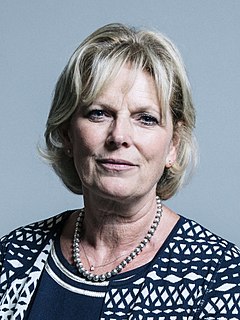A Quote by Scott Gottlieb
Accurate diagnostics are key to enabling successful public health measures.
Quote Topics
Related Quotes
...the gross national product does not allow for the health of our children, the quality of their education or the joy of their play. It does not include the beauty of our poetry or the strength of our marriages, the intelligence of our public debate or the integrity of our public officials. It measures neither our wit nor our courage, neither our wisdom nor our learning, neither our compassion nor our devotion to our country, it measures everything in short, except that which makes life worthwhile.
The best way to alleviate the obesity "public health" crisis is to remove obesity from the realm of public health. It doesn't belong there. It's difficult to think of anything more private and of less public concern than what we choose to put into our bodies. It only becomes a public matter when we force the public to pay for the consequences of those choices.
In Holland, pensions were cut. The public health services for elderly people were cut. Enormous asocial tough measures. And at the same time people saw while the government has these enormous austerity measures, that the government spent billions of euros on asylum seekers who really weren't asylum seekers but migrants looking for a better life.
My colleagues from the Department of Health Behavior and Health Education are working on participatory public health initiatives in Michigan, and there is much that we can learn from each other. In fact it is essential that we strengthen efforts to learn from each other, and stop considering public health in the third world and in the U.S. as separate intellectual and practical endeavors.
The most important characteristic of an organism is that capacity for internal self-renewal known as health. There are two organisms whose processes of self-renewal have been subjected to human interference and control. One of these is man himself (medicine and public health). The other is land (agriculture and coservation). The effort to control the health of land has not been very successful.
In 1980, a woman promised her dying sister to change how Americans thought about breast cancer. Thirty years later, the result - the Susan G. Komen for the Cure Foundation - is one of the nation's largest non-profits, and one of the most successful triumphs in public health marketing and changing health habits.



































